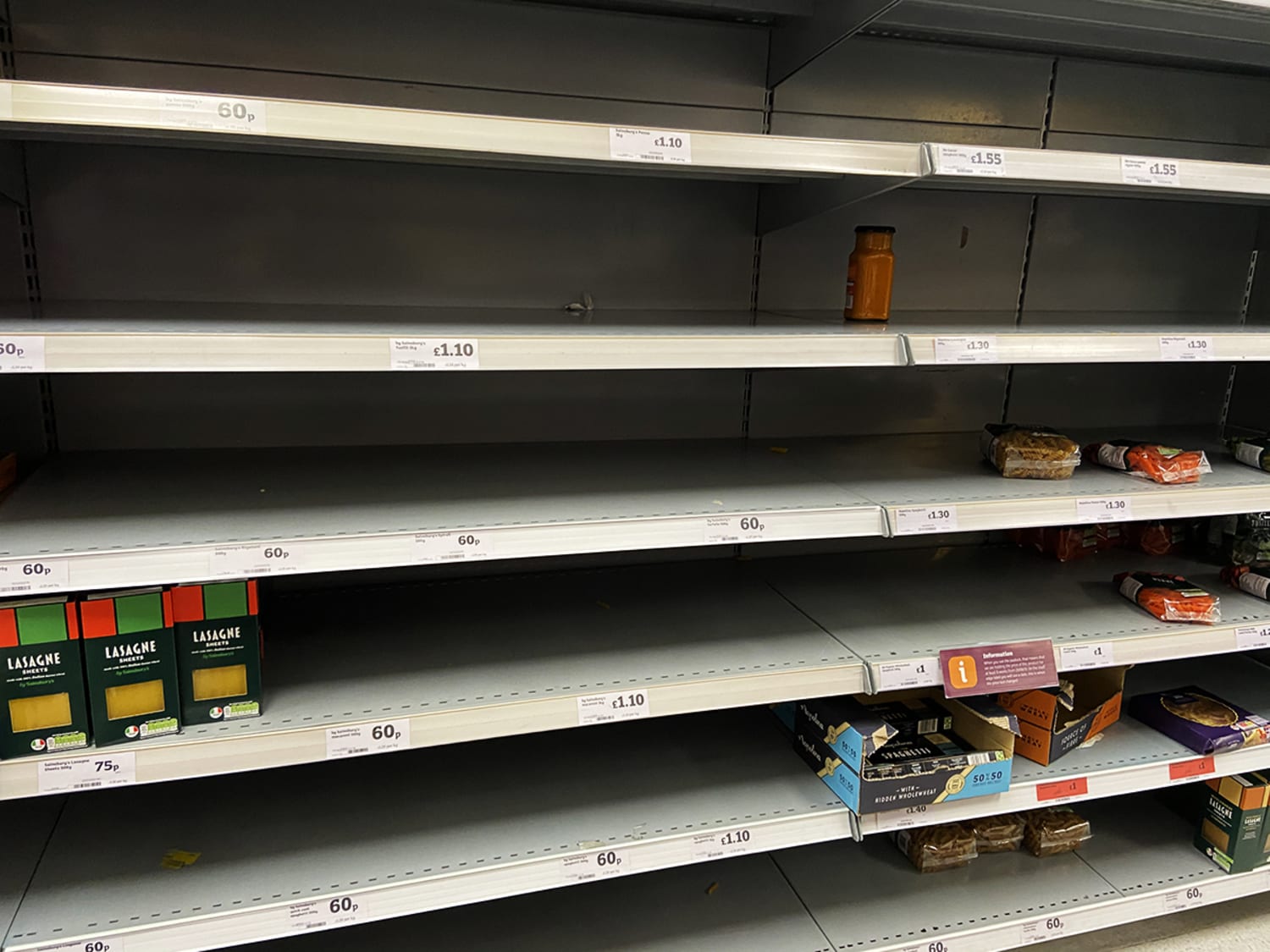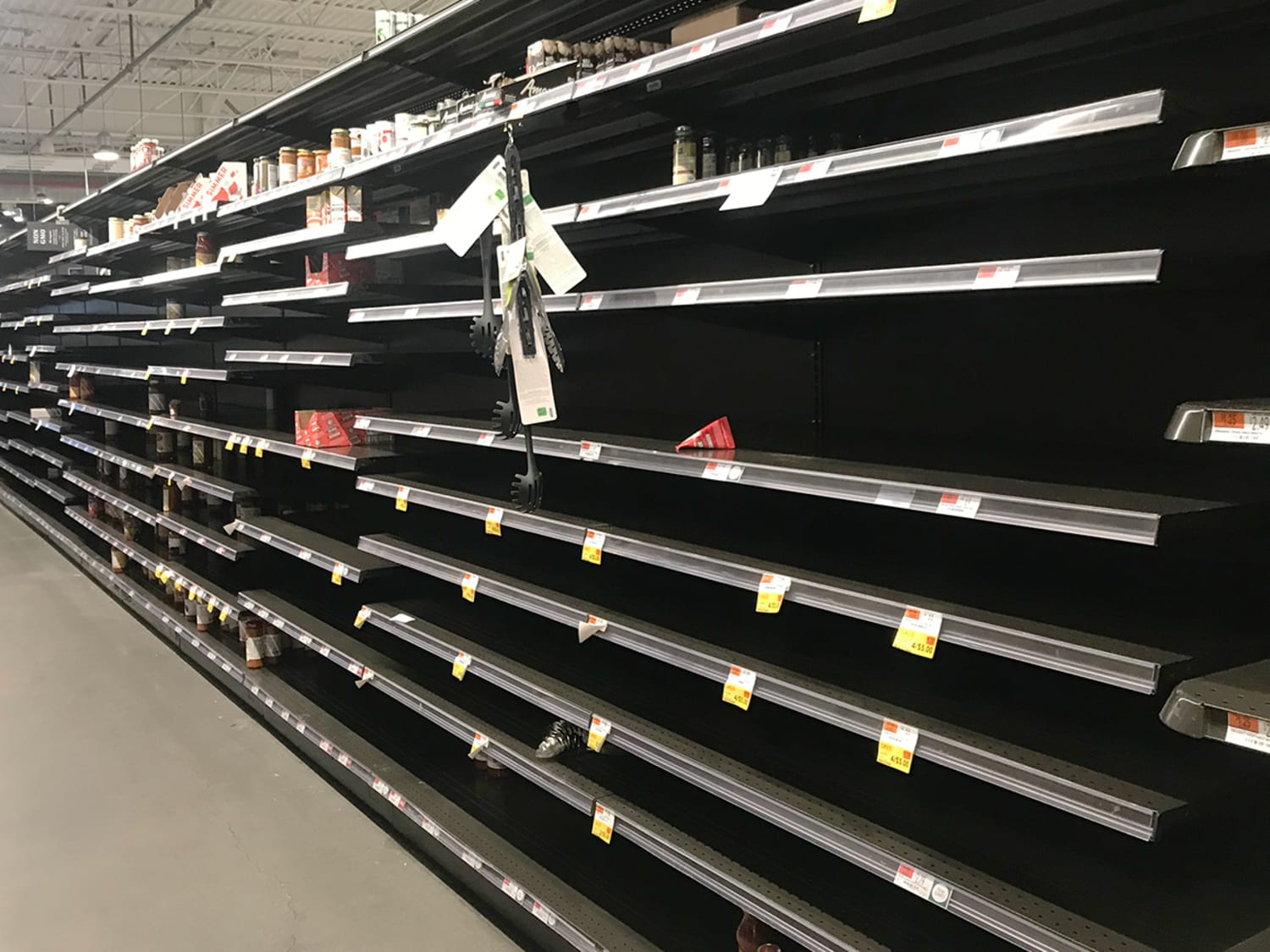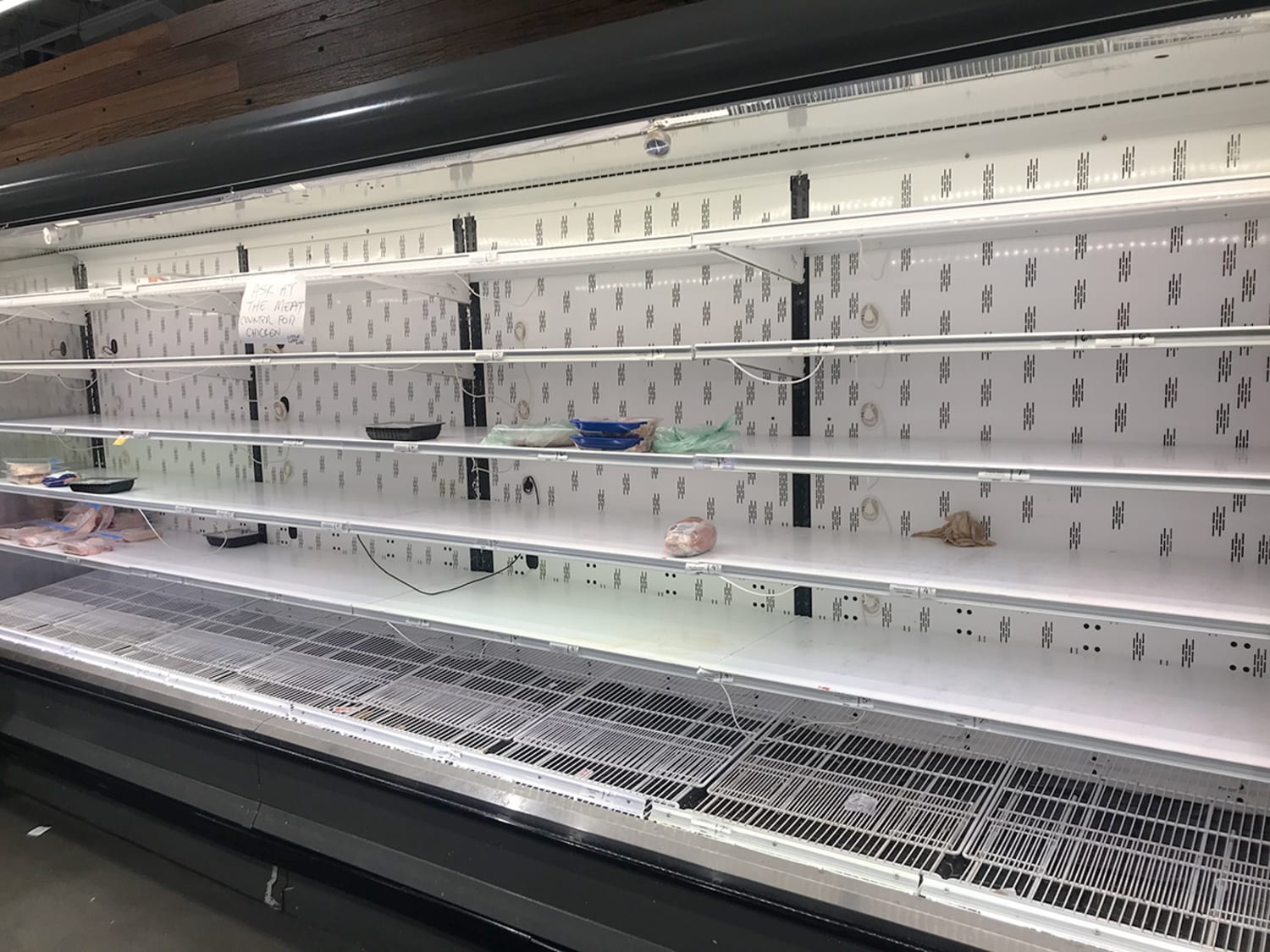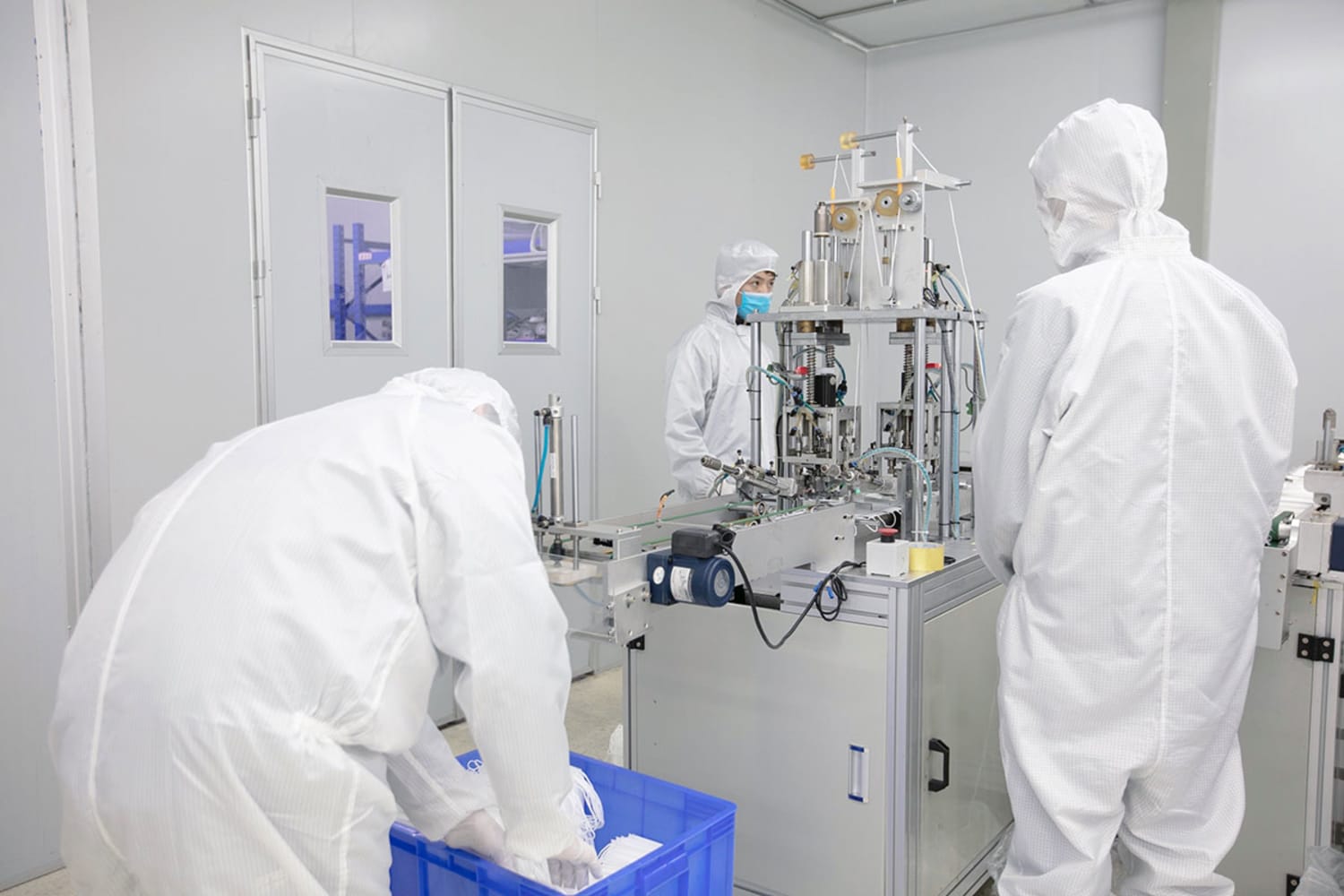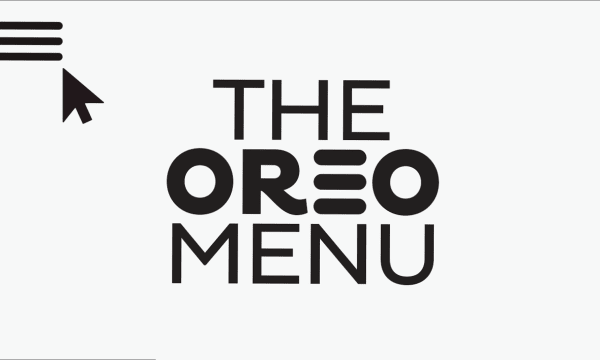Consumers are feeling fearful
Despite an unsettled political, economic and environmental climate, the turn of the decade saw many people feeling optimistic about what the 2020s could offer, but this has been quickly quashed by the impact of COVID-19.
Ellen Peters, director of the Center for Science Communication Research at the University of Oregon, has launched a study to track people’s perceptions of risk and reactions in connection to news on the coronavirus. The study shows that American responses include feelings of worry, fear, sadness and some anger. People tend to “think their way through risk and feel their way through risk,” Peters tells Wunderman Thompson Intelligence. “In the case of the coronavirus, people are scared of what is happening and they use their fear as an indication of how bad a situation is, ignoring probability; this is what we call ‘probability neglect’.”
Stockpiling pandemic provisions
Consumers, driven by fear, are taking extreme measures. Panic buying across the world has left supermarket shelves empty. Earlier this week, UK and US retailers started enforcing temporary caps on certain items, such as hand sanitizers and tinned foods. Consumers are already stockpiling cleaning products, health protection goods (medical masks and thermometers), and food.
A February 2020 Nielsen survey showed that US consumers were rapidly stocking up to fill their “pandemic pantries” with provisions that have a long shelf life. The survey measured sales within a one-week period ending on February 22 and showed that sales of oat milk had increased by 306%, fruit snacks were up by 13%, dried beans and energy beverages were up 10%, and water was up 5%. In addition, AO.com said frozen food sales rose 200% year-on-year last week.

